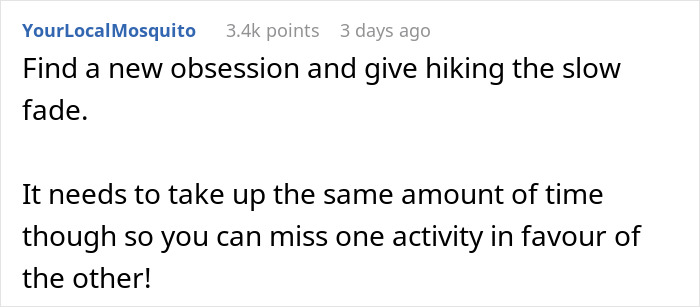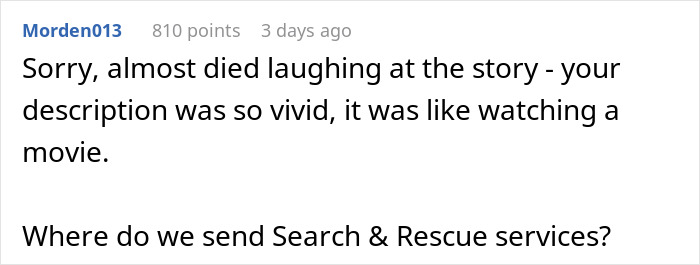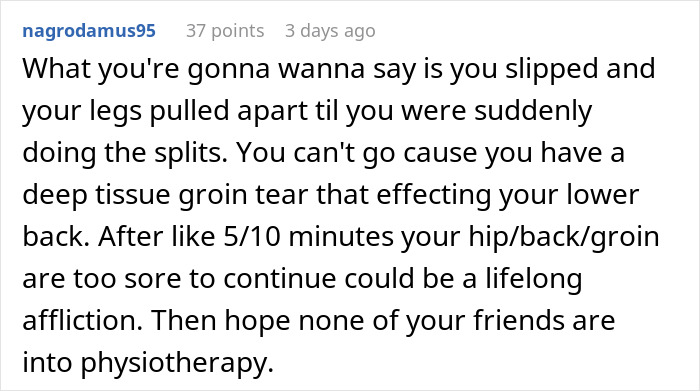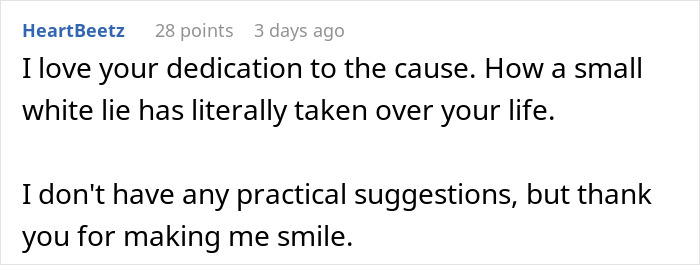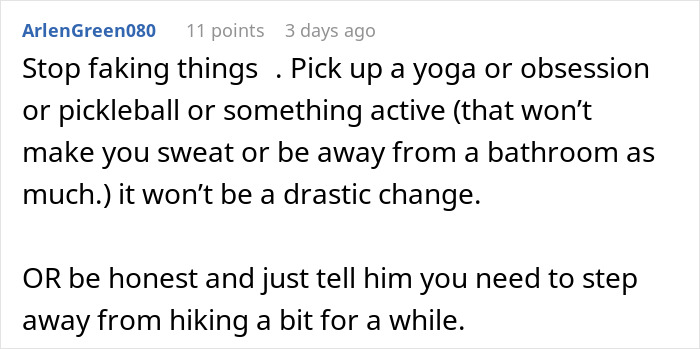At one point in our lives, many of us have tried to be someone we’re not. It could be through lying on a résumé, feigning expertise to gain respect, or pretending to be interested in an activity to get the attention of a romantic interest.
This woman tried to impress a guy she liked by pretending to enjoy hiking. She did end up with the man, but had to continue with the adventurous lifestyle, much to her great dismay.
Now, three years in, the woman is trying to figure out how to climb out of the hole she dug herself into.
There is a downside to faking it till you make it

Image credits: Image-Source / envato (not the actual photo)
This woman pretended to enjoy hiking to impress a man


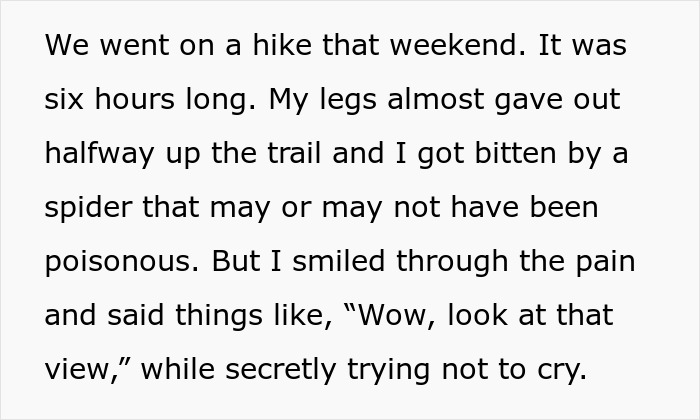


Image credits: zelmab / envato (not the actual photo)
As someone who dislikes being outdoors, she now regrets her decision and is looking for a way out

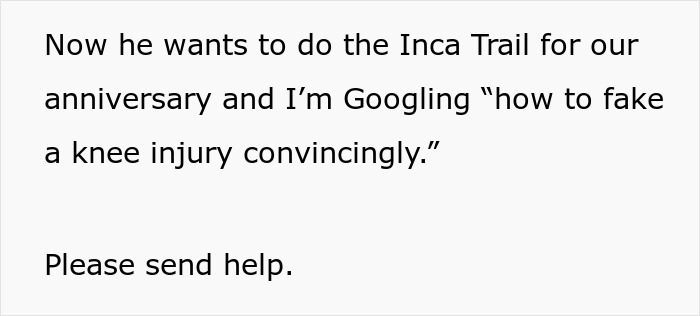
Image credits: Objective_Special_13
Pretending to be someone you’re not can lead to self-deception
When you believe in a lie long enough, you’re essentially tricking your brain into thinking that it is true. This cognitive bias is known as the illusory truth effect, which is often exploited in political propaganda and the spreading of misinformation.
The same thing happens when you pretend to be someone you are not. As veteran psychologist Dr. Bruce Wilson explains, mere pretending has some mechanism of control.
However, pretending for long enough can gradually evolve into self-deception, which also involves distorting the truth.
“The awareness of when one is pretending has been pushed to a level where our awareness becomes gradually more and more marginalized,” Dr. Wilson explained in an article for Psychology Today. “The lying is no longer perceived as lying because the truth has been hijacked.”
In the story’s case, the woman’s feigned enjoyment of hiking turned into her reality. While her truth isn’t distorted and her disdain for the outdoors remains, she placed herself in a difficult situation.
Coming clean to a partner about a lie may strengthen the relationship
Experts agree that secrets and lies may be detrimental to a relationship because they block genuine intimacy with a partner. While the woman’s lie isn’t severe enough to cause damage, it brings her more of a burden.
However, she isn’t planning on coming clean anytime soon, at least based on her post. But according to California-based therapist Dr. Kurt Smith, telling the truth may actually help the relationship.
“Our relationship is strengthened and deepened by being truthful as well as being real that we make mistakes and aren’t perfect,” Dr. Smith told HuffPost.
Given the jam she is in, the author may be finding it challenging to begin telling the truth. In such cases, marriage and family therapist Dr. Sheri Meyers suggests doing the “Oreo method.”
In a nutshell, this approach involves taking responsibility for wrongdoing to initiate the conversation. It then concludes with a promise to focus on improvement.
“Start with love. Close with love,” Dr. Meyers said.
If the woman is serious about her relationship, it may help her to come clean and tell the truth.
Commenters had mixed reactions to the story as the author responded to some questions

